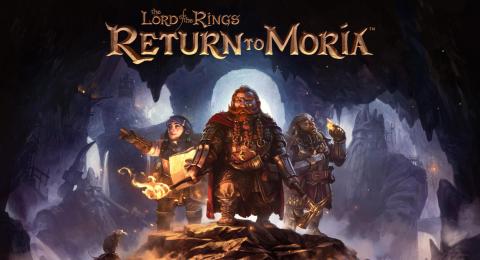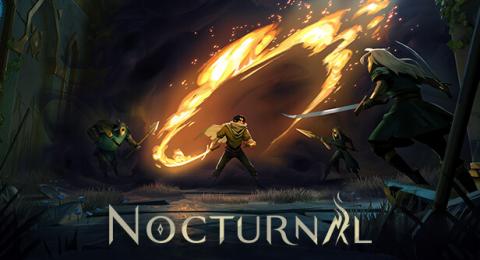
EA's newly appointed CEO Andrew Wilson is content that EA is not a bad company, but that doesn't mean that he'll dismiss the fact that it was voted as the "Worst Company in America" for the last two years in a row.
"There are lots of really big public companies that make a lot of money that are loved by their consumers," he acknowledged. "That's because the consumers feel like they get value from that company in the investment in their dollars [and] time."
To that end, Wilson believes that EA customers should always feel that they are getting the better end of the deal. "Any time we create something, if you're asking for an investment from the consumer in dollars and time, make sure they feel like they're stealing from you and that they are getting the best end of that deal and the rest will follow. And that will be our philosophy," he explained.
EA Games label vice president Patrick Soderlund also admitted that the "Worst Company in America" vote gave them a pause to think about what it means and how it could be reversed.
"We started thinking about how we don't want to be viewed as the worst company in America. I personally don't think we've ever been the worst company in America, but it says something. The consumers out there are telling us something. And we actually took it very seriously," he said.
"This was before Andrew was the CEO. We and [EA chief operating officer] Peter Moore and a couple of other guys in the executive company got together to try to understand what caused people to say these things. And there were some things out there that...consumers told us they didn't like. Online pass was one thing."
After in depth investigation, the company found a radical solution: make better games. Of course, that was easier said than done.
"The demand and expectation on us are higher than they ever have been," noted Wilson. "We need a mechanism and a process which we can get to better games more quickly. If we can be faulted for anything, over the years, it's kind of hanging on to ideas or concepts of games too long, driving too hard against them, spending too much to the point that we couldn't invest in other opportunities and ideas. And a big part of what Patrick and [fellow top execs] Frank [Gibeau] and Lucy [Bradshaw] and I committed to is let's drive a culture of innovation inside the company that actually starts a lot more stuff but at the same time kills a bunch more stuff before it gets to market so that we can give ourselves more short-term goals to get to that next innovative product."








